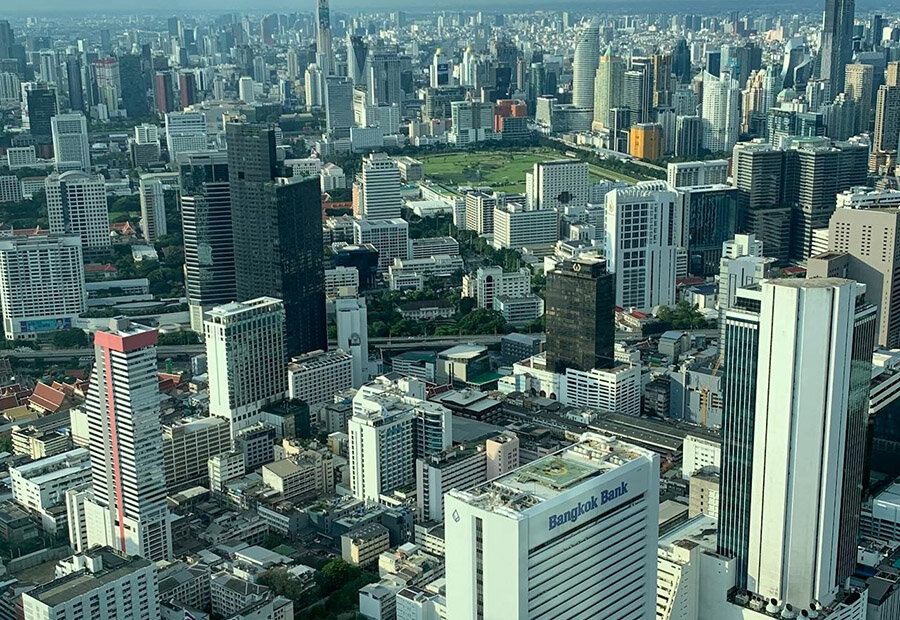Real Estate / Вusiness / Investments / Analytics / Reviews / News / Thailand / Real Estate Thailand 30.04.2025
Thailand’s Housing Market After the Earthquake: From Supply Surge to Sales Stagnation

Real estate buyers in Thailand have become more cautious following a recent earthquake that exposed serious vulnerabilities in the country's construction sector. The collapse of a high-rise building in Bangkok, which led to fatalities and damaged thousands of homes, has intensified concerns over structural integrity. Demand for new projects is declining as buyers now prioritize the reputation of developers.
In Q1 2025, Bangkok’s real estate market experienced a sharp increase in new supply. According to Colliers Thailand, 5,656 new condominium units worth over 19.8 billion baht (approx. $592 million) were launched—a 72.1% increase year-on-year. Of these, 87% were developed by publicly listed companies.
However, the sales rate remains low. On average, only 37% of units were sold at launch—far below the 60–70% seen in previous years. Suburban projects performed especially poorly, even with discounts, while demand gravitated toward riverfront or uniquely designed properties.
Following the quake, market activity declined further. Buyers became increasingly concerned about the seismic resilience of high-rise buildings, demanding structural safety information and insurance coverage. According to The Nation Thailand, many deals were delayed, particularly in newly launched projects. The market for condominiums—estimated at 450 billion baht—has taken the hardest hit.
Pattharachai Taweewong, Director of Research and Communications at Colliers Thailand, described the March earthquake as a “major negative factor” for the market. Buyers are now evaluating how developers respond to crises. Companies that conducted structural inspections and supported clients retained trust, while those that didn’t are losing credibility.
Taweewong emphasized that the current crisis is testing not just buildings, but brands. Accountability and transparency are now key criteria for long-term market success.
Surachet Kongcheep of Cushman & Wakefield Thailand added that earthquake resilience is now essential when buying condominiums. He stressed the need for disaster insurance—especially for buildings constructed before the 2007 building code updates.
Prasert Taedullayasatit, president of the Thailand Condominium Association, noted that modern buildings are designed for seismic conditions. Still, he highlighted the need for regular inspections, code tightening, structural reinforcements, and transparent technical disclosures to buyers.
According to Colliers Thailand, Q2 2025 condo sales in Bangkok may fall below 30%, echoing pandemic-era levels of 29% in Q2 2020 and 23% in Q4 2021. Unlike previous declines, the current slowdown stems not from economic pressures but from waning trust in high-rise safety.
Taweewong forecasts continued sluggishness in the coming months, as buyers wait for more safety assurances and post-quake evaluations. Colliers maintains its projection for 2025: 20,000 to 24,000 new units in Bangkok, most of which are already in advanced stages of completion.
Analysts agree the sector must balance short-term sales goals with the long-term challenge of rebuilding trust in construction quality. If no further negative shocks occur, market recovery could begin in H2 2025.








